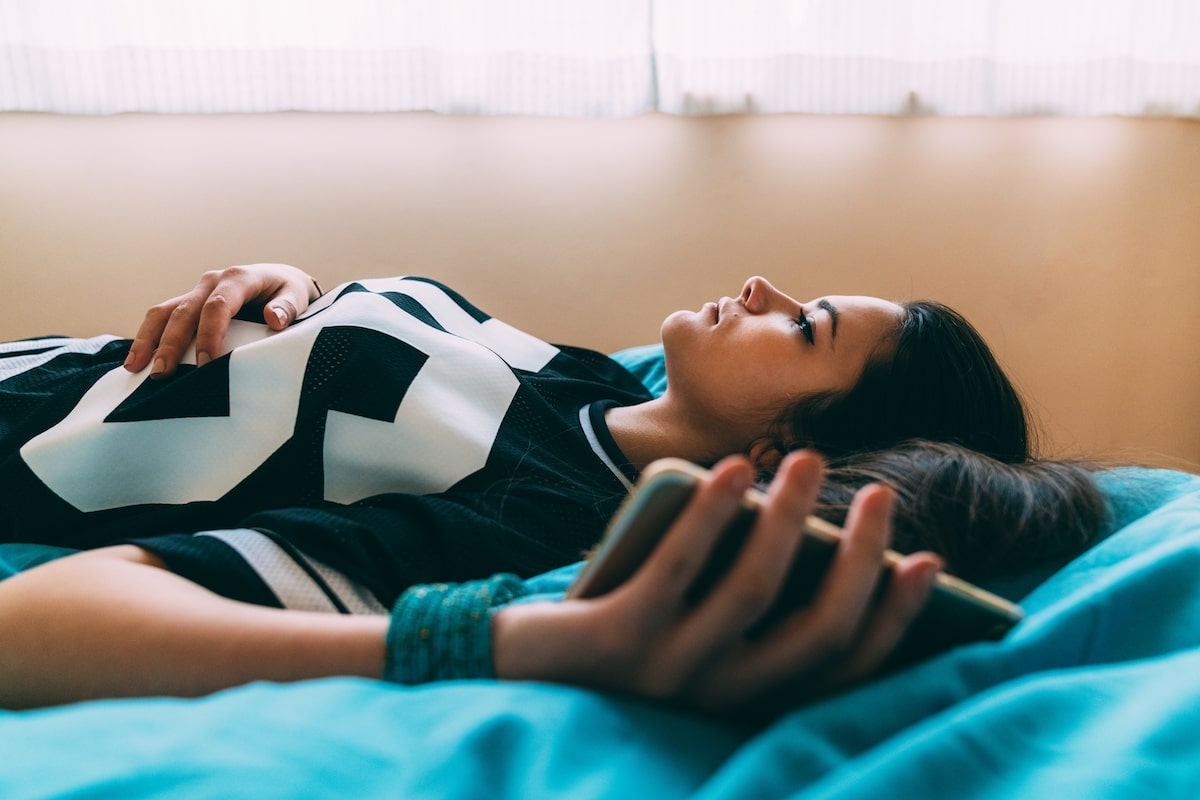Research showing a staggering increase in the number of young adults feeling anxious or depressed as a result of the COVID-19 pandemic comes mere weeks before the start of a new school year, giving them and the adults in their lives one more thing to figure out.
A new Centers for Disease Control and Prevention (CDC) study of more than 5,400 American young adults age 18 and older revealed more than 60 percent reported feeling this way. The results – three times as high as the same time in 2019 – also include a reported increase in suicidal thoughts and substance use.
The researchers suggest the fear of illness and the radical changes made to their lives with remote learning and social isolation orders in place are the cause.
“The isolation and the anxiety that is a result of COVID are causing a worsening of underlying depression and anxiety that may already be present in many teens and young adults,” said Dr. Laura Saunders, a clinical psychologist at the Institute of Living, part of the Hartford HealthCare Behavioral Health Network. “These survey results, while alarming, highlight the need for us to talk about the negative mental health effects of this pandemic. Our young people need more support than ever.”
COVID-19 has especially affected young adults ages 18 to 24, a quarter of whom reported starting or increasing their use of alcohol, marijuana and prescription drugs as a way to cope.
Several factors influence the young adults, including:
- More time spent on screens and less interacting with others.
- More time spent indoors.
- Drastically changed school and work schedules.
- Economic concerns from lost income.
- Changes in sleeping patterns stemming from a lack of regular structure.
- Loss of exercise.
In the CDC study, more than 40 percent of those responding reported at least one adverse behavioral health reaction to the pandemic. This includes anxiety, depression and post-traumatic stress disorder. Almost 11 percent had experienced suicidal thoughts in the previous month, a group that was disproportionately male and people of color.
“Older adults have more life experience to draw from when it comes to dealing with stress,” Dr. Saunders noted. “They also have more control over their lives than many teens and young adults who are missing developmental milestones such as school events, college entry, proms, graduations, etc.”
Data released in a COVID-19 report by the app Sleep Cycle, underscores the impact on young adults, who experience increased loneliness and excessive technology consumption during the pandemic. Their sleep, the report added, has been impacted more than any other age group.
“Parents and caretakers need to have open and honest discussions with the youth in their lives about the effects of this global pandemic,” Dr. Saunders said said.
Young adults feeling the emotional punch of the pandemic, or despairing parents, can find the help they need by reaching out to the Behavioral Health Network, which offers inpatient and outpatient resources for those with mental health and substance use disorder, she said. Start by clicking here.
Not feeling well? Call your healthcare provider for guidance and try to avoid going directly to an emergency department or urgent care center, as this could increase the chances of the disease spreading.
Click here to schedule a virtual visit with a Hartford HealthCare-GoHealth Urgent Care provider.
Stay with Hartford HealthCare for everything you need to know about the coronavirus threat. Click here for information updated daily.
Listen and subscribe to Hartford HealthCare’s More Life series on Apple Podcasts by clicking here.
Stay fit. Stay happy. Stay healthy. And keep on top of COVID-19 with Hartford HealthCare’s daily text alerts. Subscribe by texting MoreLife to 31996.

